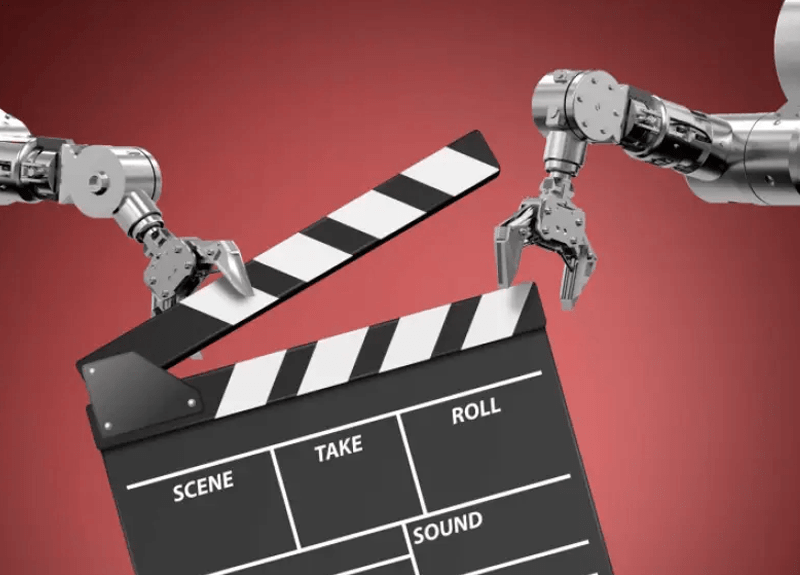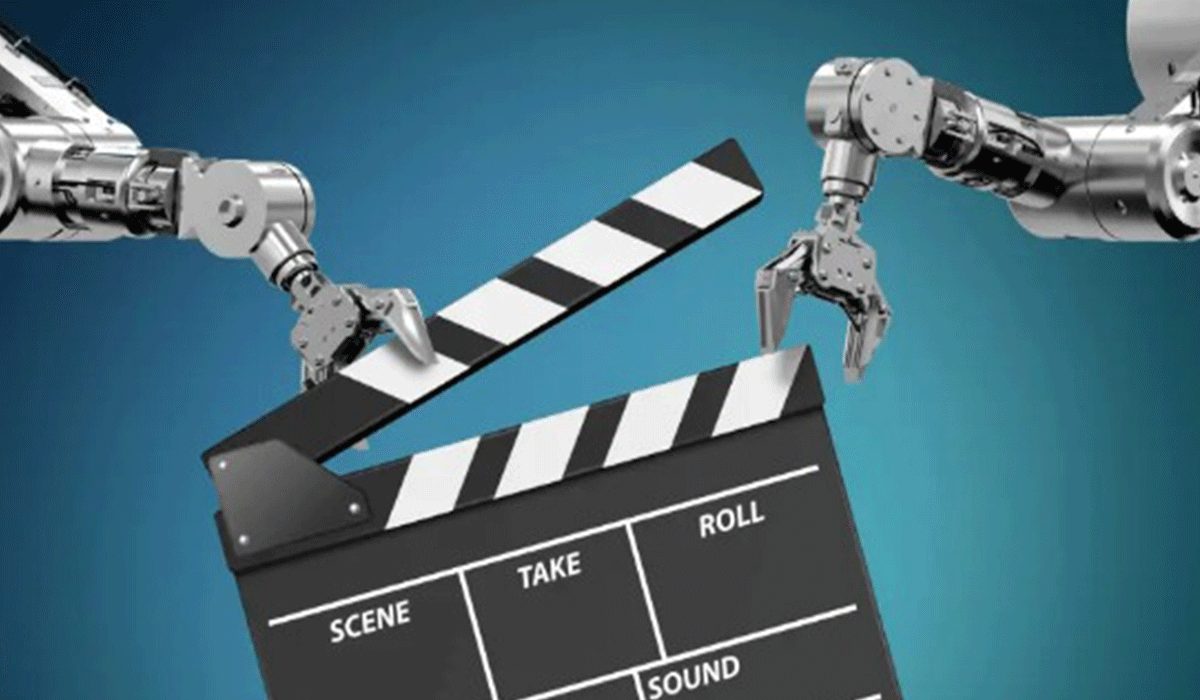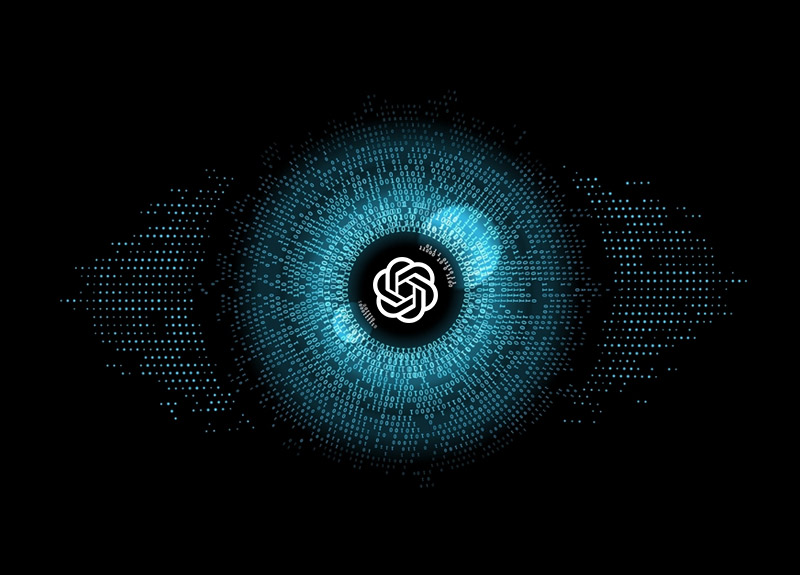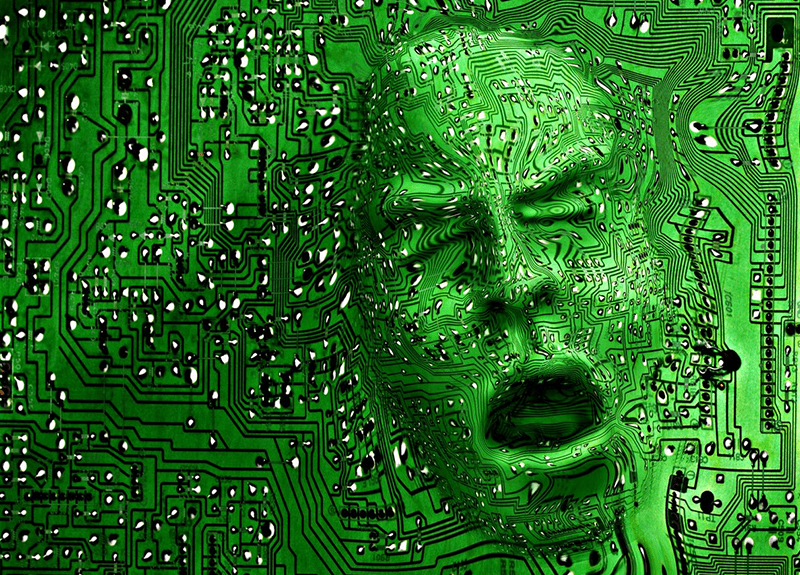
ACE: The Rise of Artificial Creativity Engine
Envisage yourself ensconced in the velvety embrace of your couch, with your preferred over-the-top (OTT) streaming platform at your command. You express a peculiar cinematic desire: a horror film featuring Marlin Brando and Jennifer Aniston, a tale rife with the sinister echoes of a college murder mystery, punctuated by heart-stopping jump scares. The twist? The college is an unearthly establishment nestled within the lunar craters.
Now, imagine an artificial creativity engine meticulously curating this bespoke film for you, transmogrifying your mere whimsical description into a palpable and spine-chilling cinematic reality. This may sound like a fantastical reverie, but advancements in artificial intelligence are inexorably hurtling us towards this staggering era of automated content creation.
The quintessential pillars of Hollywood, the luminaries of the silver screen, have always reigned supreme in the hearts of their global audience. Now, imagine them monetizing their iconic visages and physiques by licensing their virtual avatars. This could potentially revolutionize the industry, seamlessly transcending the constraints of time, age, and mortality, enabling a perpetually thriving cinematic presence.
The advent of the artificial creativity engine could redefine the paradigms of film production. In this hypothetical scenario, this digital da Vinci would harness an intricate amalgamation of deep learning algorithms, computer vision technology, and generative models, thereby catalyzing the process of automated film production. The resultant film would be an uncanny synthesis of hyper-realistic visual effects and computer-generated performances, unified by the dramatic coherence of the bespoke narrative.
Such an engine could potentially become a digital auteur, weaving together narratives, performances, and visual effects in a manner reminiscent of the traditional filmmaking process but with an unprecedented degree of efficiency and customizability. Imagine, if you will, the inherent promise of a world where the genesis of cinematic content is governed not merely by the whims of the market but by the limitless diversity of individual preferences.
Hollywood could, in such an envisioned future, metamorphose into a digital pantheon, a nexus of virtual entities that could be conjured on demand. These virtual personas, the doppelgängers of celluloid stalwarts, could be seamlessly woven into any narrative framework, as dictated by the audience’s specifications. A utopian ecosystem, where the audience becomes an integral part of the creative process, morphing from mere spectators to co-creators.
While this vision may sound far-fetched, it is worth considering the rapid advancements in artificial intelligence and deep learning. We stand on the precipice of a new era in the cinematic landscape, where the intersection of creativity and technology could foster unprecedented innovation. The concept of automated content creation teeters on the edge of reality, its potential just waiting to be tapped.
As we contemplate the future of the movie industry, we must also consider the ethical implications. The complexities of licensing, the potential for deepfake misuse, and the impact on the job market are critical factors to scrutinize. As we stride into this brave new world, it’s incumbent upon us to balance our ambitions with prudence, ensuring the preservation of the human touch in this burgeoning realm of automated creativity.
So, let’s envision the day when we might sit down, dictate our cinema whims to our personalized AI assistant, and subsequently immerse ourselves in the tailored film. This might just be the future of entertainment — a single click, and the show begins.
Get a Free Consultation
With Crownsoft’s Senior Business Analyst















